Cancer trials
Trials closed
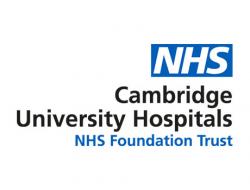
18F PET
Renal cell carcinoma (RCC) is diagnosed in over 6000 patients and accounts for approximately 2% of malignant disease annually in the UK. Many patients initially present with advanced or unresectable disease and up to 30% of patients treated by…

ARTemis
Worldwide breast cancer poses a major healthcare problem. Considerable improvements in the treatment of the disease both in the adjuvant and in the metastatic setting have contributed to recent reductions in mortality. Although much of this…

AVAST-M
The worldwide incidence of melanoma is rising faster than that of any other malignancy, making it a major public health issue. Resection of primary melanomas offers a significant chance of cure. However, melanomas invade and metastasise early and…
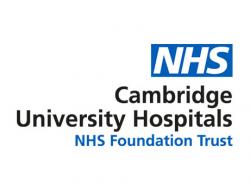
BUBBLE
Patients with newly diagnosed invasive breast cancer require their axillary lymph node status to be histologically established. 28,786 axillary staging procedures were performed in the UK in 2007. Standard practice is to perform this surgically…
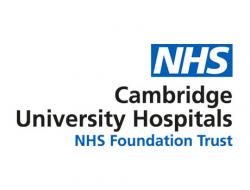
CAM-PLEX
In the absence of resectability, pancreatic ductal adenocarcinoma (PDAC) is almost uniformly lethal; therefore there is a great need to identify novel therapeutic approaches. Only 10-20% of patients present with operable disease and with addition…

CamBMT1
Brain metastases occur in 20% to 40% of all patients with cancer, with an incidence 10 times higher than that of primary malignant brain tumours. Patients with brain metastases are an underserved population. Overall, they have a poor prognosis…
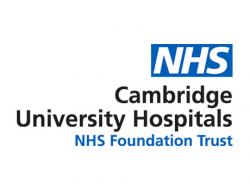
CaNCaP02
In the UK prostate cancer is the 4th most common cause of cancer death (accounting for 7% of total cancer deaths). Furthermore, in men, it is the 2nd most common cause of cancer death after lung cancer and accounts for 13% of cancer deaths. …

CaNCaP03
Despite recent advances in CRPC treatment, there remains an unmet medical need to identify those patients with early prostate cancer who are at greatest risk of relapse following treatment with curative intent and to optimize additional therapy.…
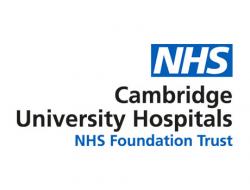
CAP001
To date, despite the increasing use of capecitabine in patients with pancreatic cancer, formal pharmacokinetic (PK) studies have not been undertaken in patients who have undergone proximal pancreatico-duodenectomy. Although the use of…
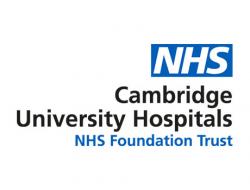
CAP002
This is a clinical trial to evaluate the pharmacokinetics (PK) of adjuvant capecitabine in patients who have undergone a total gastrectomy. The study will compare the pharmacokinetic profile of capecitabine administered to patients with gastric…
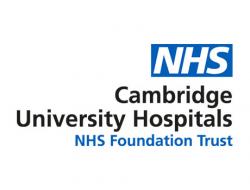
COMET20d
COVID-19 targets the body's respiratory system, where infections can be found in the nose, throat and lungs. The effect of COVID-19 infection is very variable, where many people might not know that they have been infected and have recovered from…

COUGAR-02
Carcinoma of the Oesophagus and stomach are respectively the 5th and 7th most common causes of death from cancer in the UK, between them accounting for more than 12,500 deaths per annum, more than any other individual cancer site apart from lung…
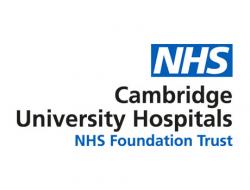
EVIS
Pancreatic cancer is the fourth leading cause of cancer-related deaths in Western countries. It is a lethal disease that typically presents late, metastasises early and is resistant to conventional treatments such as radiation and chemotherapy.…
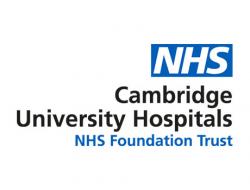
GALA-BIDD
Brain tumours (gliomas) are classified as low and high-grade. Correctly distinguishing high-grade glioma (HGG) from low-grade glioma (LGG) during surgery can influence the surgical procedure, enhancing resection and improving survival. The aim of…
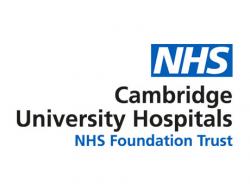
HYPAZ
Pazopanib is a new cancer drug that works by limiting the growth of new blood vessels in tumours. Many patients who take pazopanib develop high blood pressure (hypertension). This side effect can make patients have to reduce or stop their cancer…
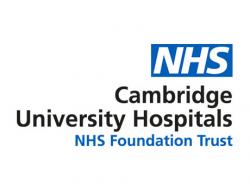
LEO
7-20% of gastric or oesophageal adenocarcinomas are known to over-express HER-2. Our data suggests that in vitro molecular over-expression of HER-2 is associated with the ligand independent constitutive phosphorylation of both HER-2 and EGFR…
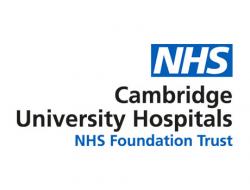
LUCID
Taking as reference tumour-specific somatic genetic alterations identified within individual cancer biopsies from patients, recent advances in genomic and next generation sequencing technologies now provide the opportunity to investigate whether…

MoNET
Around 60-70% of the breast cancers are oestrogen receptor-positive (ER) and these cancers respond to anti-oestrogen therapy (response rate 30-70%). Post-menopausal women achieve a smaller benefit from chemotherapy as demonstrated by the Early…

NEO-SUN
Renal cell carcinoma (RCC) is diagnosed in over 6000 patients and accounts for approximately 2% of malignant disease annually in the UK. Many patients initially present with advanced or unresectable disease and furthermore up to 30% of patients…
Neo-tAnGo
The incidence of breast cancer continues to rise in the US and Western Europe and breast cancer remains a major health problem despite considerable improvements in the treatment of the disease both in the adjuvant and in the metastatic setting,…
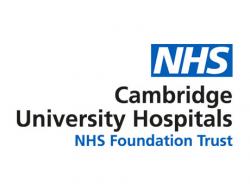
NET 01
Neuroendocrine tumours (NETs) are very rare cancers, incidence around 1-2/100,000/year, with characteristically indolent behaviour. The mainstay of treatment is surgical resection. However, many tumours metastasise and cannot be removed, while…

PERSEPHONE
The incidence of breast cancer continues to rise in Western Europe and the US with breast cancer remaining a major health problem despite considerable improvements in treatment of the disease both in the adjuvant and in the metastatic setting.…
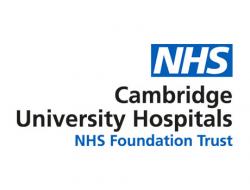
PRaM-GBM
Brain tumours are the leading cause of cancer deaths in children, men under the age of 45 and women under the age of 25. Glioblastoma is the most common and most malignant primary tumour. The predominant treatment is surgical removal of the…
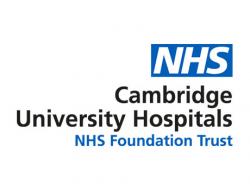
PRICKLE
In the absence of resectability, pancreatic ductal adenocarcinoma (PDAC) is almost uniformly lethal; therefore there is a great need to optimize novel therapeutic approaches. Only around 10-20% of patients present with operable disease and with…

SIEGE
Pancreatic ductal adenocarcinoma (PDAC) is responsible for 32,500 deaths per year in Europe. In the absence of resectable disease, it is almost uniformly lethal. Only around 10-20% of patients present with operable disease and with the addition…

TAPS01
The numbers of men diagnosed with prostate cancer in the United Kingdom (UK) and worldwide is increasing. In the UK 46,690 men were diagnosed in 2014 alone and it is estimated this figure will be closer to 70,000 by 2030. A significant proportion…
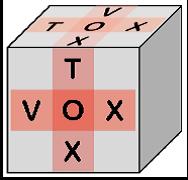
VoxTox
Radiotherapy (RT) is one of the most potent and cost-effective curative treatments for cancer. In the United Kingdom, about 300,000 new cancer cases occur each year. Around 50% of patients require radiotherapy at some time in their illness, and…






